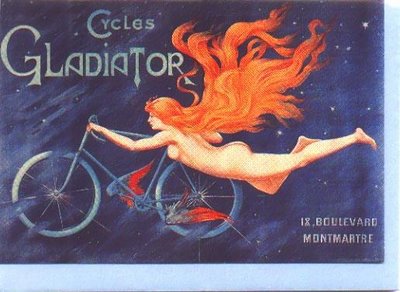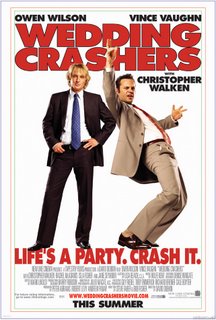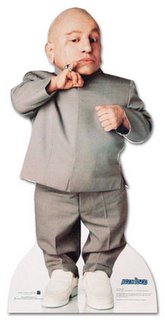Why the Novel Matters by DH Lawrence

Not that anybody was going to stop reading. But I have noticed I've been reading less. So this was important for me to read, to remember why I do, and what it does for me. Selections from D.H. Lawrence's "Why the Novel Matters":
"Me, man alive, I am a very curious assembly of incongruous parts. My yea! of today is oddly different than my yea! of yesteryear. My tears of tomorrow will have nothing to do with my tears of a year ago. If the one I love remains unchanged and unchanging, I shall cease to love her. It is only because she changes and startles me into change and defies my inertia, and is herself staggered in her inertia by my changing, that I can continue to love her. If she stayed put, I might as well love the pepperpot."
"In all this change, I maintain a certain integrity. But woe betide me if I try to put my finger on it. If I saw of myself, I am this, I am that!--then, if I stick to it, I turn into a stupid fixed thing like a lamp-post. I shall never know wherein lies my integrity, my individuality, my me. I can never know it. It is useless to talk about my ego. That only means that I have made up an idea of myself, and that I am trying to cut myself out to pattern. Which is no good. You can cut your cloth to fit your coat, but you can't clip bits off your living body, to trim it down to your idea. True, you can put yourself into ideal corsets. But even in ideal corsets, fashions change."
"Let us learn from the novel. In the novel, the characters can do nothing but live. If they keep on being good, according to pattern, they cease to live, and the novel falls dead. A character in a novel has got to live, or it is nothing.
We, likewise, in life have got to live, or we are nothing.
What we mean by living is, of course, just as indescribable as what we mean by being. Men get ideas into their heads, of what they mean by Life, and they proceed to cut life out to pattern. Sometimes they go into the desert to seek God, sometimes they go into the dsert to seek cash, somtimes it is wine, woman, and song, and again it is water, political reform, and votes. You never know what it will be next: from killing your neighbour with hideous bombs and gas that tears the lungs, to supporting a Foundlings' Home and preaching infinite Love, and being co-respondent in a divorce.
In all this wild welter, we need some sort of guide. It's no good inventing Thou Shalt Nots!"
"What then? Turn truly, honourably to the novel, and see wherein you are man alive, and wherein you are dead man in life. You may a love a woman as man alive, and you may be making love to a woman as sheer dead man in life. You may eat your dinner as man alive, or as a mere masticating corpse. As man alive you may have a shot at your enemy. But as a ghastly simulacrum of life you may be firing bombs into men who are neither your enemies nor your friends, but just things you are dead to. Which is criminal, when the things happen to be alive.
To be alive, to be man alive, to be whole man alive: that is the point. And at its best, the novel, and the novel supremely, can help you. It can help you not to be dead man in life. So much of a man walks about dead and a carcass in the street and house, today: so much of women is merely dead. Like a pianoforte with half the notes mute."
"But in the novel you can see, plainly, when the man goes dead, the woman goes inert. You can develop an instinct for life, if you will, instead of a theory of right a wrong, good and bad.
In life, there is right and wrong, good and bad, all the time. But what is right in one case is wrong in another. And in the novel you see one man becoming a corpse, because of his so-called goodness, another going dead because of his so-called wickedness. Right and wrong is an instinct: but an instinct of the whole consciousness in a man, bodily, mental, spiritual at once. And only in the novel are all things given full play, or at least, they may be given full play, when we realise that life itself and not inert safety, is the reason for living. For out of the full play of all things emerges the only thing that is anything, the wholeness of a man, the wholeness of a woman, man alive, and live woman."
Welcome back to college, everyone who read that. Class discussion: Can you describe what Lawrence won't, that is, living, what he calls "just as indescribable as what we mean by being"? Now that's an honors paper.








